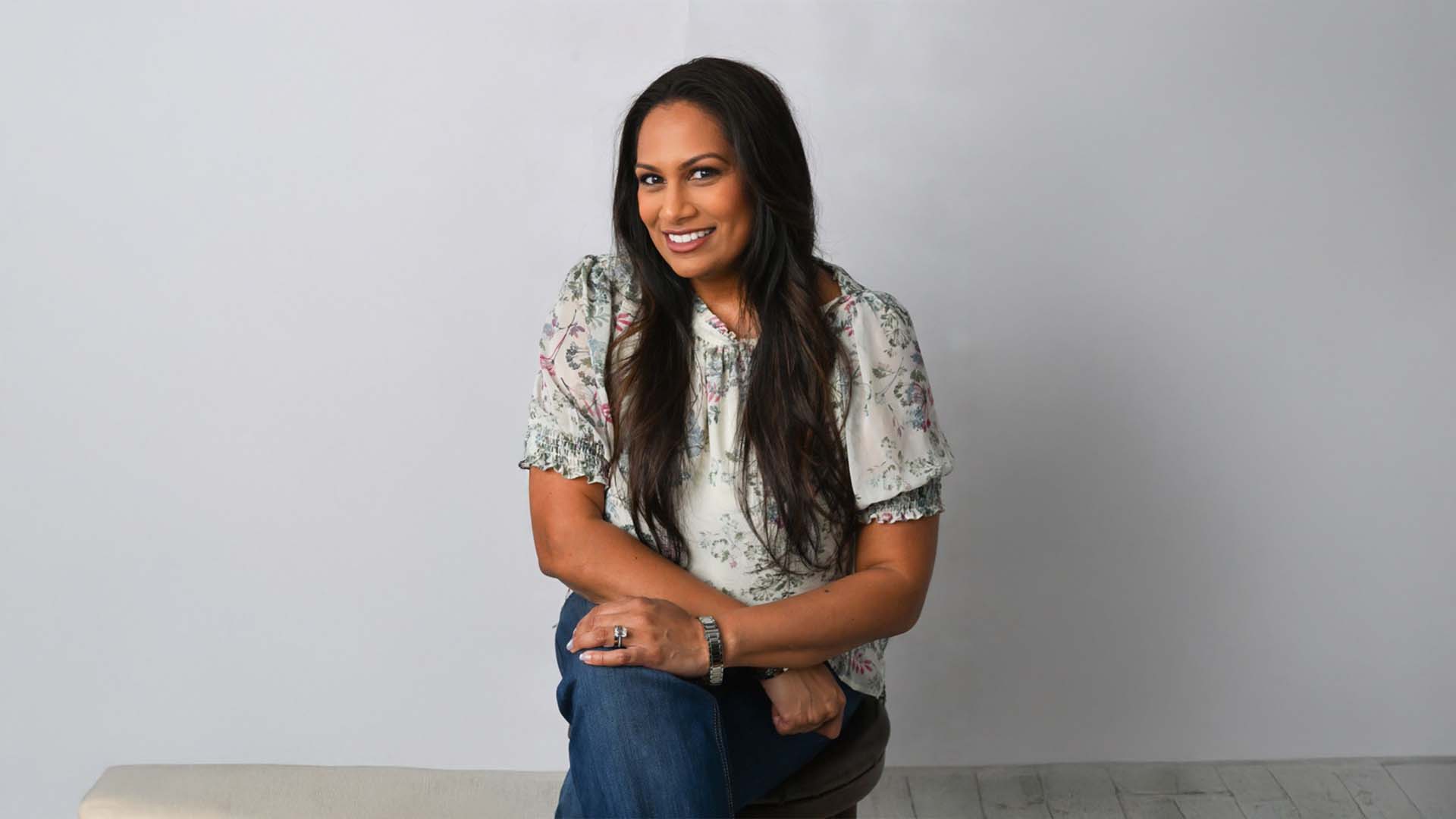Scaling a business while maintaining its core identity is one of the greatest challenges for growing companies. Many organisations struggle to expand without losing the personal touch that made them successful in the first place. Alessia Falanga shares practical insights from her experience scaling a boutique accounting firm—showing how business owners can grow while staying connected to their clients, preserving their culture and keeping their focus sharp.
Learn to Lead
Scaling isn’t just about hitting revenue targets—it’s also about evolving your leadership. “My business partner and I had to completely shift how we led in order to reach our growth goals,” Alessia explains. “We had to learn to lead through others and lean more on our middle management team.” That meant stepping back from the day-to-day work she was once deeply involved in. “Moving from being on the tools to leading through people was a big shift, but a necessary one,” she says.
Still, stepping back doesn’t mean disconnecting. You need the right systems and processes in place to support your team and maintain visibility. “You have to be able to inspect what you expect,” Alessia advises. Without dashboards or tools that let you spot-check while your team finds their feet, you’re entering risky territory. Many business owners take the advice to “just delegate” and walk away—but Alessia has seen how that usually ends. The real skill lies in knowing when to step back and when to stay close, maintaining the right balance between trust and oversight.
Stay True to Your Goal
The growth phase can be distracting. When new opportunities arise, it’s easy to get pulled in different directions. Alessia refers to this as “shiny object syndrome” and sees it as one of the biggest risks to scaling well. “You need to be crystal clear on your goal, your offer, and who you’re best positioned to serve,” she stresses. She’s seen many business owners lose their way during growth because they’re “on this journey, but not exactly sure where it’s heading.” Without a clear roadmap, it’s easy to drift from your original purpose.
Alessia also highlights how quickly strategic planning can fall by the wayside when things get busy. Client meetings, operations, and daily problem-solving often take over, leaving little room for long-term thinking. That’s why protecting your planning time is essential. “Friday is my planning day—no excuses. Everything else fits around that,” she explains. Without that kind of calendar discipline, business owners risk slipping back into old habits and losing sight of their broader growth goals.
Strategic Hiring
In the early stages of scaling, Alessia couldn’t afford to bring on a specialist for every role. Instead, she focused on hiring what she calls “smart generalists”—team members who could wear multiple hats and adapt as needed. “When a business is just starting to scale, you don’t always have the luxury of independent specialists like you would in a larger organisation,” she explains. These versatile hires helped keep costs down while the business gained momentum. For example, an administrator might also manage marketing and social media until the company can afford a dedicated marketing specialist.
A Season or a Reason
One of the harder lessons Alessia had to learn was knowing when to let go of people who no longer fit the business. “Letting go of team members or clients—or learning to say no—is really hard,” she admits. But holding on to the wrong people can prevent a business from serving the right ones effectively. A mentor once told her, “People come into your life for a season or a reason,” and that advice rings true in business. Not everyone will stay for the whole journey. “You’ve got to be okay with those changes and the different phases you go through with certain people,” Alessia says. Embracing that mindset helped ease much of the emotional strain that can come with growing a business.
Follow Alessia Falanga on LinkedIn, Instagram, or Facebook for more honest insights on leadership and sustainable scaling.





